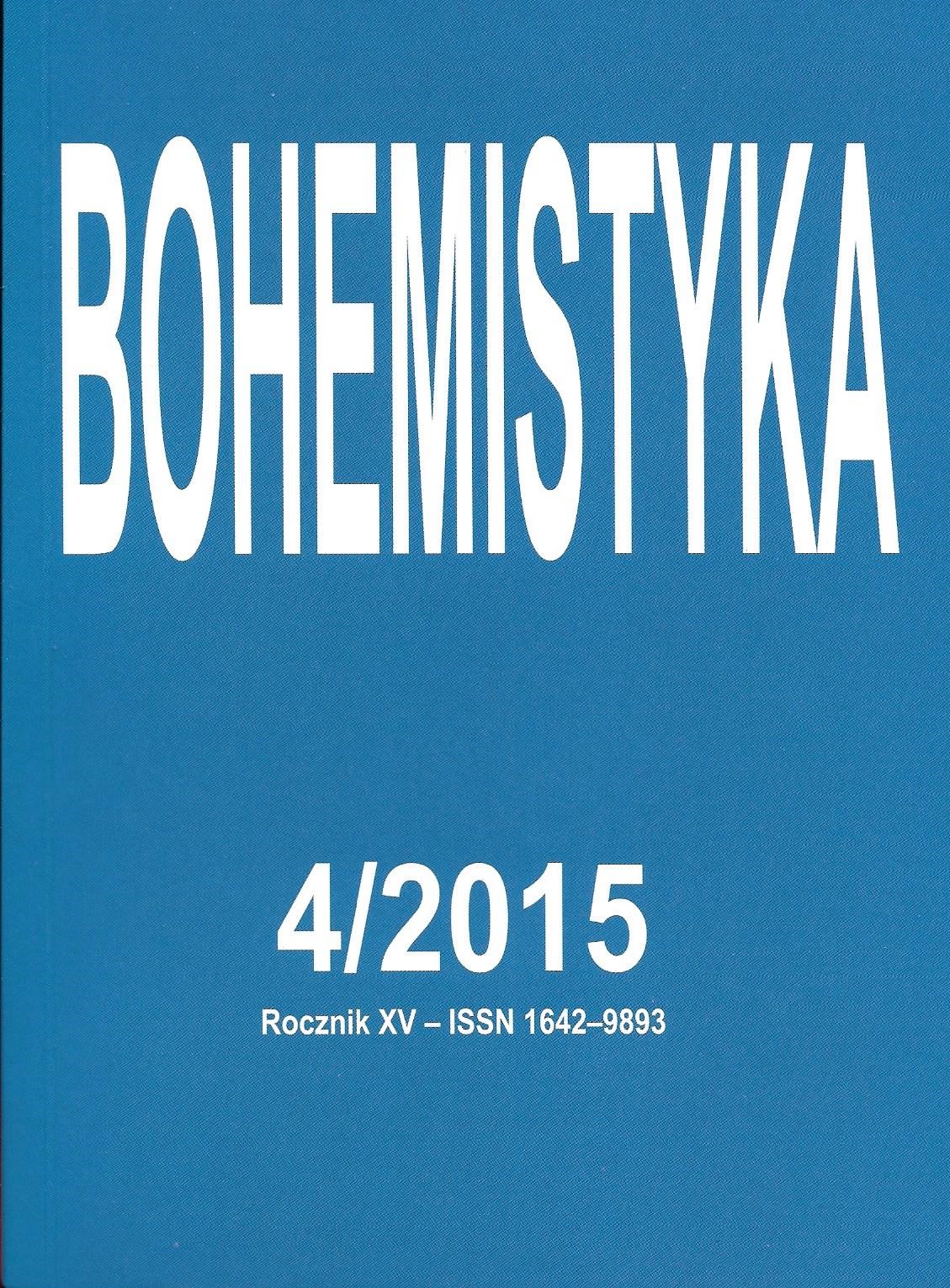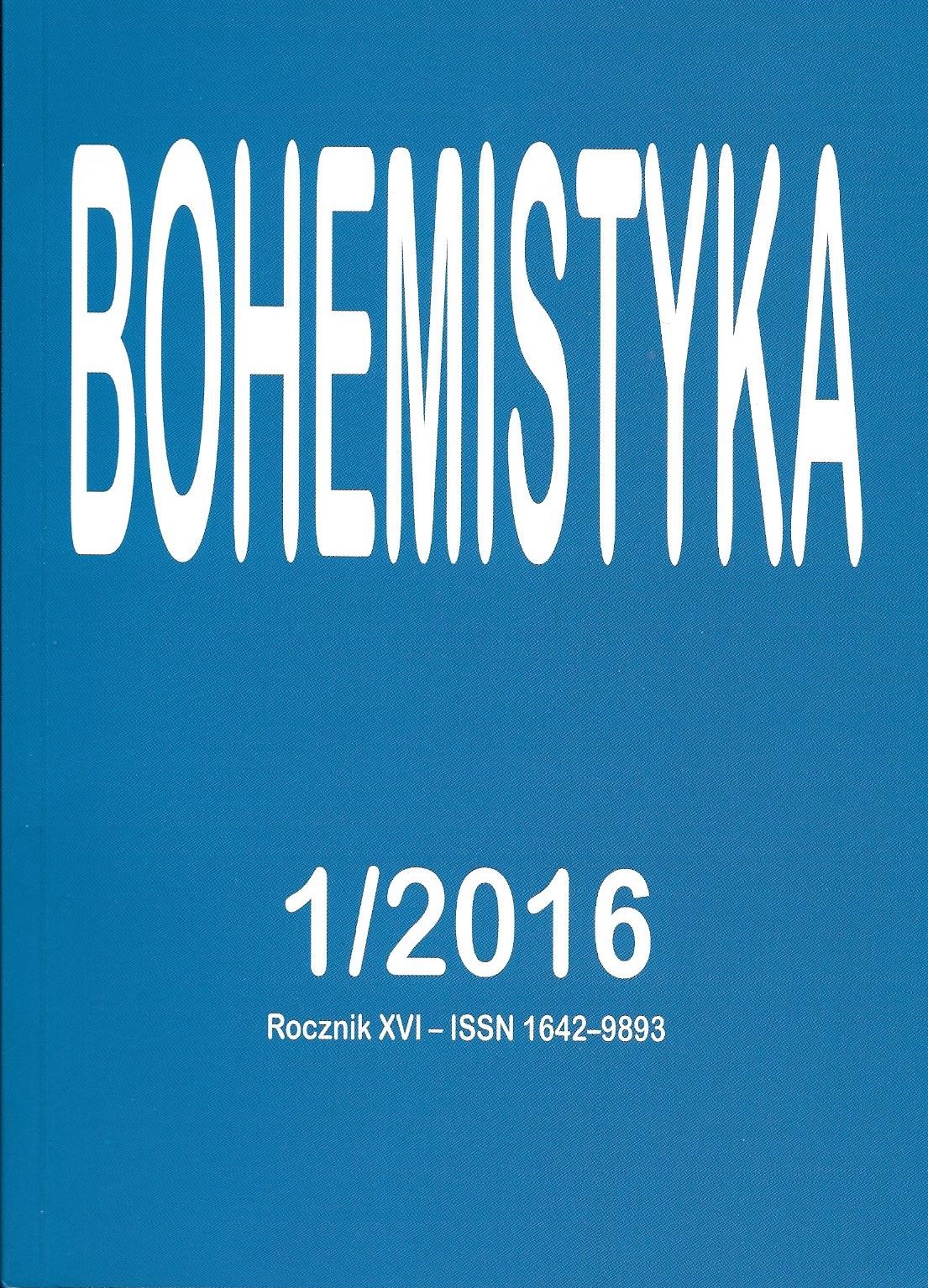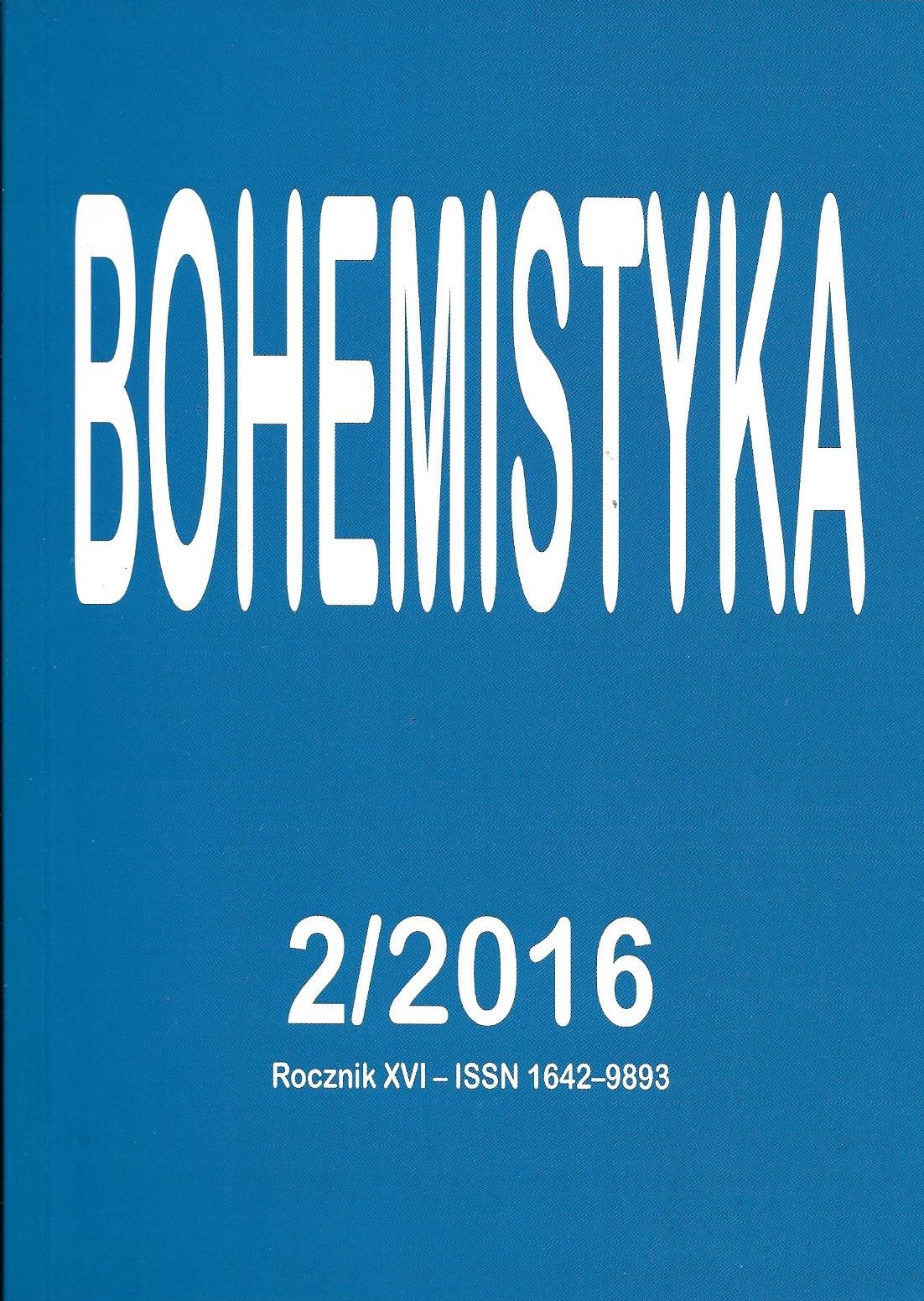
Categorisation of plants in Czech phraseology
Categorisation of plants in Czech phraseology
Keywords: linguistic categorisation;scientific categorisation;Czech language;phraseology;plant names
This article presents an analysis of phraseological units with the plant component as found in contemporary Czech. The focus is on the set of features attributed to individual specimens of flora which reflect patterns of categorisation with reference to, for example, physical characteristics (shape, colour, taste, scent), useful properties, and behaviour. Categorisation is understood here as one of the possible tools of organizing and interpreting reality. The concept of categorisation refers to the pre-scientific (naive) commonplace perception of the world which involves the foregrounding those features which are relevant from a human perspective and ignoring those which are insignificant.
More...

